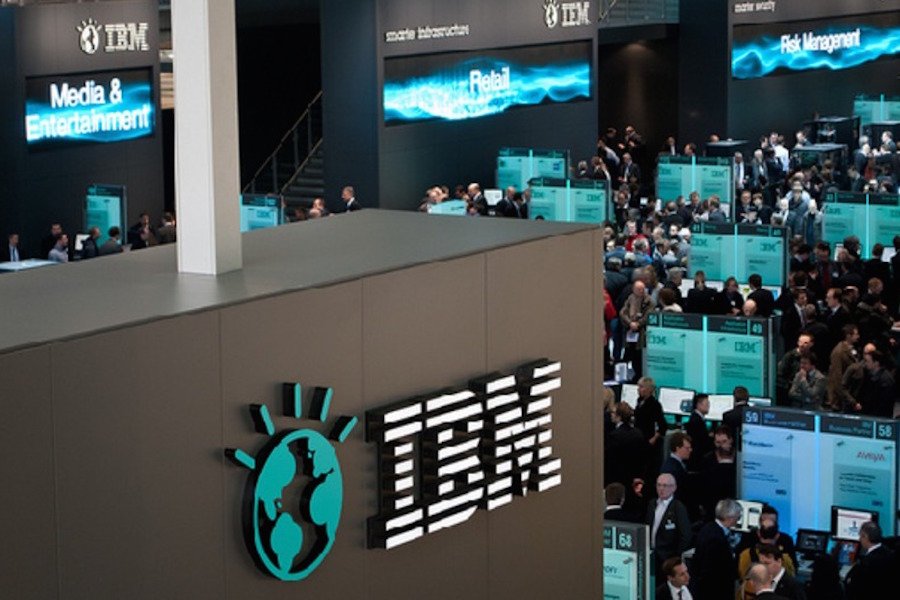IBM Developing Blockchain Solution to Combat Fake Medicine in Africa
Global tech giant IBM is working on a blockchain solution to weed out Africa’s notorious counterfeit medication network. The company says blockchain will allow it to track medications all the way back to the manufacturers, so distributors can know they have genuine drugs.
Also read: FBI Warns About ‘SIM Swapping’ Hacks Targeting Cryptocurrency Users
Subscribe to the YouTube channel for great videos featuring industry insiders & experts
IBM to Sign African Partnerships
Haifa — the largest IBM lab division outside the U.S. — is creating a permissioned blockchain network aimed at tracking and restricting the constant flow of counterfeit medications coming into the African continent.
To deploy the blockchain solution to play, IBM is set to sign partnerships with various African enterprises, according to The Standard.
The tracking system will enable all participants in the value chain to track and authenticate the provenance of all medicines. Although the solution is backed by a permissioned distributed ledger, it will have a simple mobile user interface that enables participants to validate all transactions on the shared ledger.

Africa is certainly an interesting region for testing this technology. The drug supply chains running through the continent are more complex than the rest of the world. On average, a medicine moves through more than thirty participants before reaching its destination pharmacy.
Indeed, there is a drastic need to improve African drug supply chains, but existing solutions have failed so far. As such, an immutable, transparent and distributed ledger may prove more fruitful.
Counterfeit medication is a significant problem in the pharmaceutical industry. According to the World Health Organisation (WHO), the global counterfeit drug trade is worth over $200 billion USD. The WHO estimated the circulation of counterfeit drugs or substandard medicines in Africa is as high as 30 percent of the continent’s total pharmaceutical supply. Additionally, the WHO reported that over 100 thousand deaths have been caused by fake medications in Africa.
Blockchain: The Answer to Fake Drugs
One of the primary sources for Africa’s counterfeiting woes is its pharmaceutical importers. The majority of the drugs imported to Africa are manufactured in China and India — which send fake drugs flowing into the continent. According to the WHO, India alone accounts for 35 percent of all counterfeit drugs circulating globally.
Interestingly, the Indian government has already begun addressing the counterfeiting problem with blockchain technology. In 2018, Indian policy thinktank Niti Aayog partnered with American software giant Oracle to trial a real drug distribution chain using blockchain technology.
Other governments around the world are also considering the blockchain as a solution to counterfeit medications. In February 2019 FDA commissioner Scott Gottlieb recommended using blockchain tech for improving existing pharmaceutical supply chains.
Gottlieb stated, “We’re invested in exploring new ways to improve traceability, in some cases using the same technologies that can enhance drug supply chain security, like the use of blockchain.”
Earlier this year, United Arab Emirates-based telecom operator du launched a cloud-based blockchain solution use case to counter the issue of counterfeit medicines.
European software giant SAP also launched a blockchain-powered drug distribution tracking system that would allow supply chain participants to authenticate medical packages returned by pharmacies. The primary aim of this system is to eliminate counterfeit drugs from the market.
Is a more aggressive approach needed from governments around the world to embrace blockchain tech in the pharmaceutical sector? Share your views in the comments section.
Previous Articles:
- Dubai’s First Bitcoin ATM – A Step for Crypto Adoption in the Middle East
- MakerDAO Votes to Increase Fees 4% on Ethereum Stablecoin DAI
- A Privacy-Focused Bitcoin Cash P2P Exchange Is Coming to Bitcoin.com
- Distributed Digest: Thursday, March 21, 2019
- Prepaid Technologies acquires Dash purchasing card portfolio – FinTech Futures
